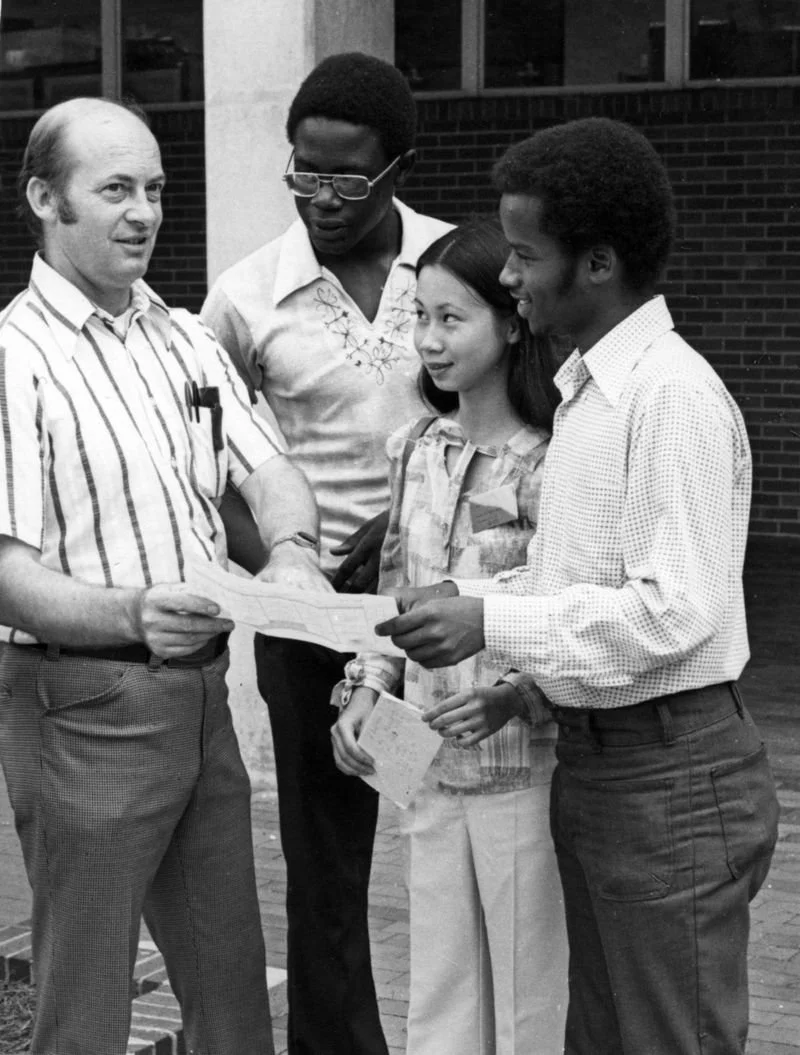Hidden Histories: African American, Asian American, and Afro-Asian Relationality
In her conversation with Jina, Meaghan discusses the origins of the Southern Historical Collection at UNC-Chapel Hill’s Wilson Library, its extensive collections, and how the SHC came to be known as the preeminent repository on the Antebellum South’s ruling elite. She then delves into how these collections also document the history of enslaved people and how that particular history is often hidden from view. Finally, Meaghan shares the ways that she and her colleagues are working to change that and bring the history of enslaved people to the fore.
Keywords: “hidden history”, collecting legacy, African American history, conscious editing, records of enslavement
Links mentioned during the interview:
May Brown Letter: https://finding-aids.lib.unc.edu/00011/#folder_8#1
UNC Libraries Reckoning Framework: https://library.unc.edu/reckoning/framework/
Using Records about Slavery in the Southern Historical Collection: https://guides.lib.unc.edu/researching-records-slavery/home-page
Slavery Era Finding Aid Remediations: https://github.com/UNC-Libraries/SCTS-Documentation/blob/main/Slavery%20Era%20Finding%20Aids%20Remediation.md
African Americans in Engineering Conference, 1980. University Archives Photograph Collection. College of Engineering (UA023.012). Special Collections Research Center at NC State University Libraries
Victor Betts begins the conversation with a story of two particular individuals: Justina Williams and Dr. Kenichi Kojima. He shares what interested him about these two and how they were the catalyst to a year-long archival research project that examined the invisible history of Asians and Asian Americans at North Carolina State University. He also talks about the importance of documenting historically marginalized voices in the university collections given the harmful practices and policies of the past that haunts the archives today. Hear his advice on what to do when encountering absences during your archival research process and projects he is currently working on.
Keywords: African American history, Asian American history, Afro-Asian relationality, university archives, collective memories, archival gaps, archival silences
Links mentioned during the interview:
go.ncsu.edu/aaa-hst
go.ncsu.edu/rad_scrc
